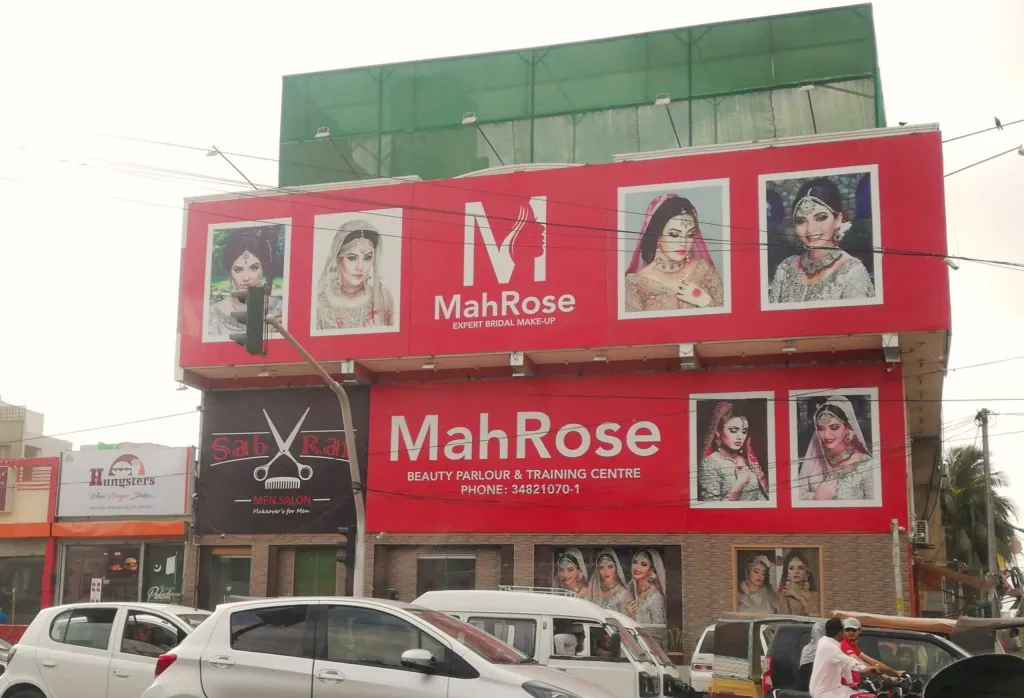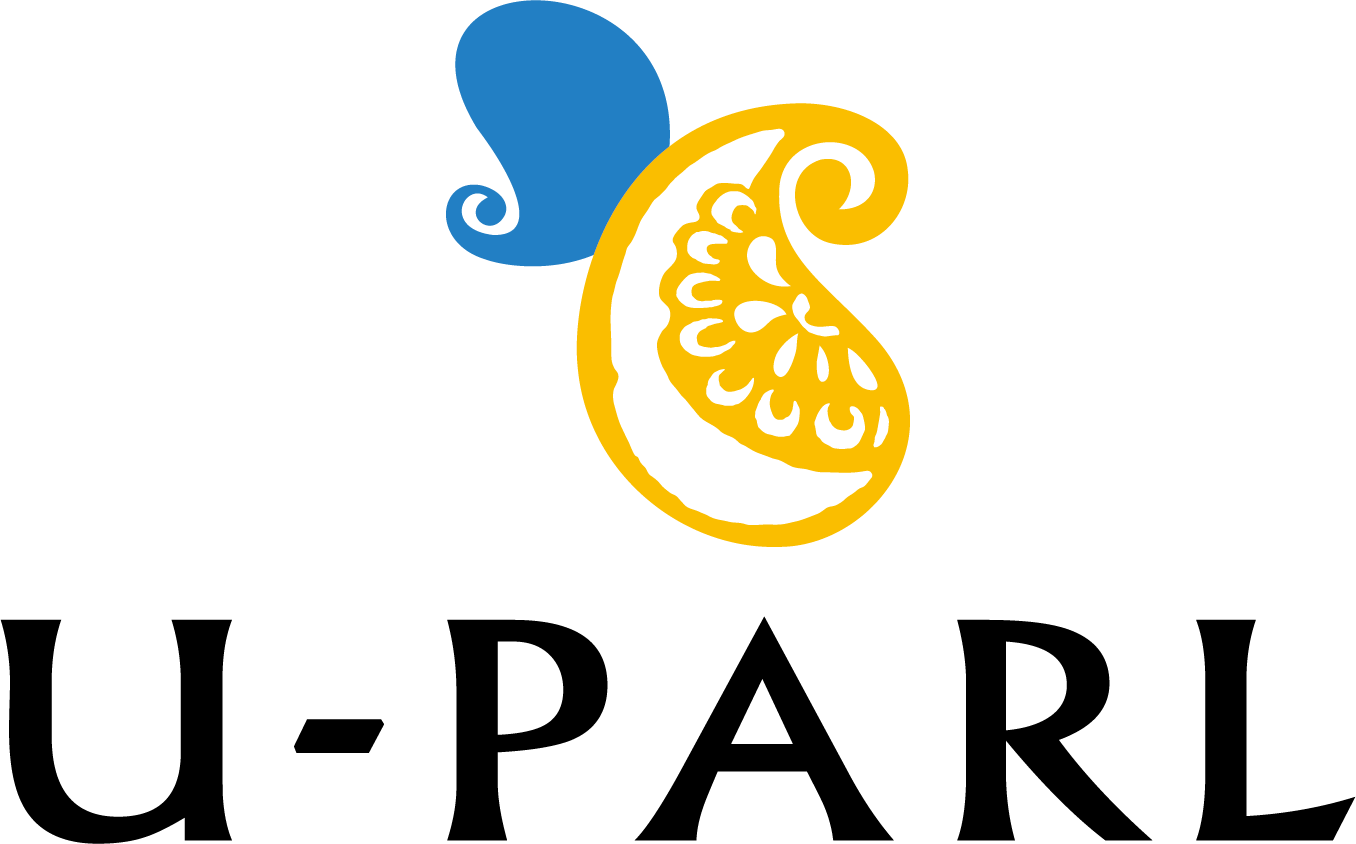Emiko SUNAGA (Project Research Fellow)
No matter what kind of work you do, it will almost certainly have an impact on your personal life. There is a word in Japanese that translates as “occupational disease” and refers to a habit that you cannot resist doing (whether you like it or not) because of your job. For example, if you work in a library, in your private life you will be concerned about the order of books on shelves and even a slight disorder may bother you, or if you work in a bookshop, you may be good at using a cutter because you often open cardboard boxes and shrink-wrapped books.
My specialty is Islamic studies, so the Arabic script on imported food packages and Muslim women wearing hijabs in tourist areas always catch my eye. During winter I hear voices from sweet potato trucks mingling with the Adhan (the call to prayer that flows from the mosque). What has been on my mind lately are the billboards you see on Japanese street corners.
—God
—Faith
—Mecca
Seeing these words, one would immediately think of religion. But in fact, these are the names of barbershops and beauty parlors in Japan.
None of them may have deep religious connotations; they may imply to customers that the hairdresser is charismatic, that he or she is faithful to the craft, or that the place is the Mecca (centre) of the beauty industry. I know that these kinds of places have little to do with Islam or religion in general, but I cannot help but associate them with my research.
I have been doing fieldwork in Pakistan, and barbershops and beauty salons there often use place names, wordplay, or the names of beautiful flowers or women on their signs. The Muslim holy cities of ‘Mecca’ and ‘Madina’ are also names popular with all types of businesses.

Beauty salons in Pakistan are for female customers only, and most of the staff are also women. Furthermore, the salons are usually screened off to prevent them from being seen from the outside. Recently, high-end beauty parlors that combine nail care services and beauty treatments have been opening one after another. Charismatic beauticians from popular salons are in great demand, and during the wedding season they travel to brides’ homes to do all the make-up and hairdressing.
A decade ago, backpackers visiting India or Pakistan would brave a street barbershop to have their hair cut, only for it to all go wrong. These traditional street barbers are becoming less common even in rural areas. If we look at urban areas, barbershops and beauty parlors with their own stores are now the norm.
Traditionally, the South Asian barbershop, called Na’ii in Urdu/Hindi, offers a variety of services including a haircut, beard trim, and even a scalp massage in one set. In India, the Na’ii is also the generic term for occupational castes of barbers: they cut nails, arrange banquets and weddings, funerals, midwifery, and care for new-born babies. They also serve as local messengers as their day-to-day activities involve going from house to house.
In Islamic countries, including Pakistan, barbers play an important role in life-stage rituals, such as shaving heads of children and circumcision at birth, arranging weddings and funerals.
The narrative of this column has flown all over the place, but I’d like to conclude with a book recommendation. There is an interesting volume about barbers in the early days of the Ottoman empire, in a region a little west of Pakistan and India. It is about how barbers, whose names due to the profession are difficult to preserve unlike those of eminent scholars and scribes, wrote down the history of their towns.
The barber of Damascus : nouveau literacy in the eighteenth-century Ottoman Levant / Dana Sajdi(ダマスカスの理髪師)
The book is available at the Asian Research Library.
March 15, 2024

